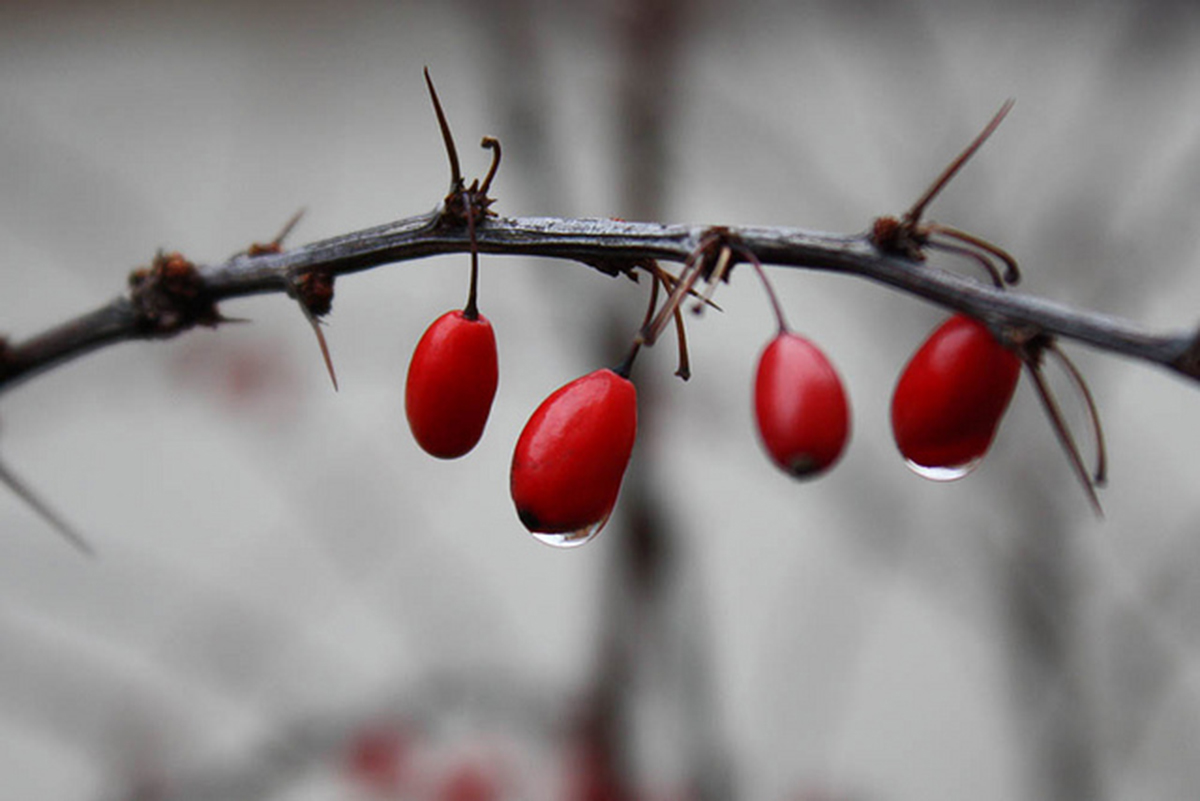Table of Contents
There are tens of thousands of nutritional supplement products on the market, but not all of them enhance sports performance. Here are five supplements you probably never heard of that can help you be a better athlete.
The next supplement on our list is derived from herbs used in both Traditional Chinese Medicine and Native American Medicine.
Berberine
Berberine is an anti-bacterial compound found in Oregon grape root, barberry (not to be confused with bayberry), and an Asian medicinal plant known as coptis. Like curcumin, it has an orange-yellow color. Unlike curcumin, it is a potent bacterial infection fighter. The most important application of berberine, however, is for type 2 diabetics who exercise.

One of the paradoxes of diabetes management is that working out usually raises blood sugar levels rather than lowering them. Berberine can help hard-working diabetics avoid this problem. This unpleasantly bitter plant compound desensitizes the liver to some of the effects of stress, so it is less likely to release stored glucose during a workout. It increases insulin sensitivity in muscle, not only ensuring that exercise does more to help lower blood sugar levels, but also ensuring that muscles take up amino acids, glucose, and water more readily to rebuild themselves after resistance exercise. A series of three clinical trials, using 1 gram of berberine daily for one to three months in people with metabolic syndrome or type 2 diabetes showed that their fasting blood glucose decreased by 17-26%, and their HbA1C levels decreased by 12-18%. (HbA1C is a measure of blood glucose control over a ninety-day period.) The are almost no medications, other than insulin itself, that can produce results of this magnitude.
Rhodiola
Rhodiola (also known as rhodiola rosea) is, like ginseng and eleuthero, an adaptogenic herb, an herb that helps the body adapt to stress. Rhodiola grows in cold mountain climates, from the higher peaks in North Carolina to the Canadian arctic in North America, and in Scandinavia, Russia, and the Central Asian republics in Europe and Asia. It in is available around the world in tinctures, tablets, and capsules.
Like ginseng and eleuthero, rhodiola helps athletes avoid coming down with infections. The immune system is particularly vulnerable after a game or competition, so it is a good "after the game" supplement. However, rhodiola is also something that is useful for athletes to take on a daily basis, as it increases concentration, fights depression, and decreases inattention, all important attributes of competitive success.
Most experts agree that rhodiola rosea should be taken in the form of an extract containing 3 percent rosavins and 1 percent salidrosides. Daily dosage usually ranges from 250 to 750 mg.
Betaine
Betaine, as you might imagine, is a compound found in sugar beets (and, oddly enough, because of the inclusion of sugar beet juice, Coca Cola). It is also found in quinoa and spinach and table beets. Betaine functions in metabolic processes as a "methyl donor." It sustains nearly every metabolic pathway in the body, and it also protects cells against dehydration.
Multiple research studies have found that taking 2.5 grams of betaine daily helps athletes increase the number of reps they can perform in the weight room. Taking betaine leads to increases in average and peak power output. There are studies that find that betaine increases bench throw power, isometric bench press force, and vertical jump power. It also increases endurance at maximum energy output. It won't help with long-distance events, but it will help athletes exert maximum effort for longer, although still just minutes-long, periods in which the muscles begin to "burn."
Betaine users may also find it easier to build muscle and lose fat.
With betaine, dosage makes a difference. Less than 2.5 grams a day won't do any good, and more than 6 grams a day will not provide any additional benefit.
- Belcaro G, Dugall M, Luzzi R, Ledda A, Pellegrini L, Cesarone MR, Hosoi M, Errichi M. Meriva®+Glucosamine versus Condroitin+Glucosamine in patients with knee osteoarthritis: an observational study. Eur Rev Med Pharmacol Sci. 2014. 18(24):3959-63. PMID: 25555891
- Braakhuis AJ, Hopkins WG. Impact of Dietary Antioxidants on Sport Performance: A Review. Sports Med. 2015 Jul
- 45(7.:939-55. doi: 10.1007/s40279-015-0323-x. PMID: 25790792
- Photo courtesy of Steven Jackson Photography: www.flickr.com/photos/jackson3/3769698051/
- Photo courtesy of annethelibrarian: www.flickr.com/photos/annethelibrarian/8393643786/


Your thoughts on this